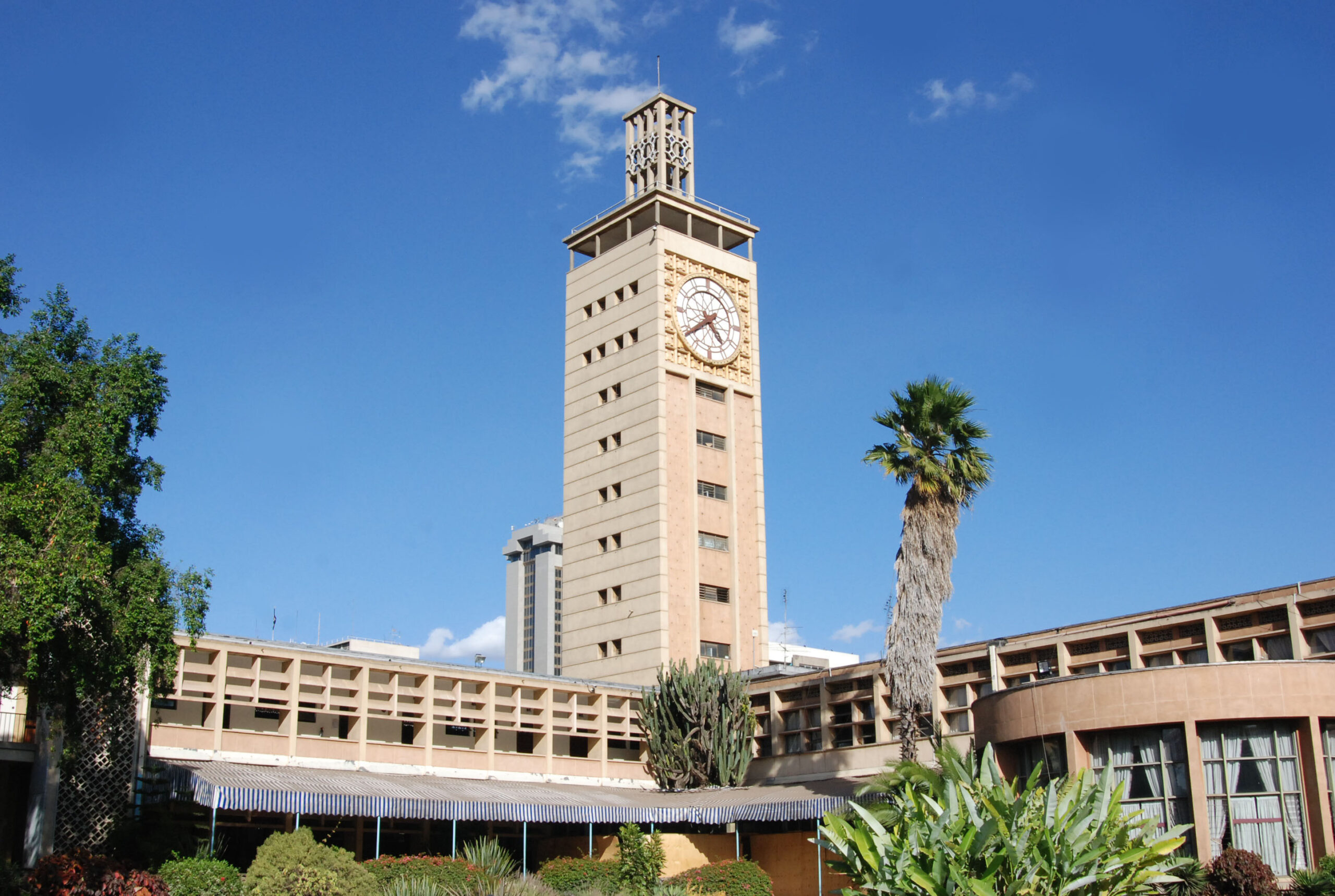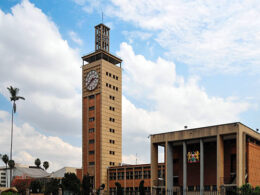NAIROBI,Kenya – Kenya is currently in the midst of yet another constitutional change moment, prompted by the National Dialogue Committee (NADCO) report led by the ruling Kenya Kwanza Party and the opposition party, Azimio La Umoja. However, concerns have been raised about the NADCO process, the resulting report and the constitutional and legislative amendments that have been proposed.
They appear to be tailored solely by and for the political elite, unlike the people-driven process that led to the 2010 constitution.
While the committee was formed to address several hot-button issues, including electoral justice, cost-of-living issues, national unity and inclusivity, and outstanding constitutional issues such as the two-thirds gender rule, the proposed constitutional changes seem to primarily benefit the political class, with little focus on the struggles of the people, particularly the impoverished.
This raises concerns about the potential negative impact on the citizens of Kenya, who may not see their needs adequately addressed in these changes.
The priority areas can be deduced from the speed and manner in which nine bills, including major constitutional amendments, have been tabled for consideration. Some of the proposed changes include creating the office of prime minister and the office of the official opposition leader, entrenching a Constituency Development Fund for Members of Parliament, and alterations to electoral laws to reflect politicians’ preferences.
Many are worried about the possibility of unconstitutional constitutional amendments that may shift Kenya away from a transformative constitution that prioritises its citizens to a framework serving the status quo. This potential threat to the transformative constitution should be a cause for alarm and vigilance among the citizens of Kenya.
For instance, proposed amendments to the electoral body include changes to the composition of the Selection Panel, which has a greater role for the political class in appointing the IEBC Chairperson and Commissioners. The Panel would consist of two nominees from the Parliamentary Service Commission and three from the Political Party Liaison Committee, one representative from the law society, the Institute of Certified Public Accountants, and the Interreligious Council respectively.
This proposal comes despite a 2022 High Court decision that found four Commissioners’ appointments unconstitutional due to the inclusion of the PSC in the selection process. However, the Court chose not to invalidate their appointments due to their proximity to the elections.
The Court’s reasoning was that players should not be allowed to choose their referee. However, with five members from the political class on the Selection Panel, it seems that appointments will be based on consultation and agreement by the political class that cannot be outvoted by the three other members from other LSK, ICPAC, and the Interreligious Council who represent other stakeholders.
Politics still reigns supreme in Kenya despite a progressive Constitution that prescribes constitutional frameworks and timelines and vests the interpretation of the Constitution in the courts. For example, despite the appointment of a Selection Panel to lead the selection of the next IEBC Chair and Commissioners a year ago, their operations stopped as they waited for the NADCO process.
In February, the Selection Panel was ordered by a Court order to complete its work due to an impending constitutional crisis concerning timelines for boundary delimitation and the many citizens who remain unrepresented due to the deaths of their elected representatives. As of now, the panel has not moved forward.
In light of these clear examples, what makes Kenyans expect the political class to respect the changes they make to the constitution or laws if they cannot even respect the current ones?
The author, Demas Kiprono, is the Ag Executive Director – ICJ Kenya. This article was first published on the Standard Newspaper.











